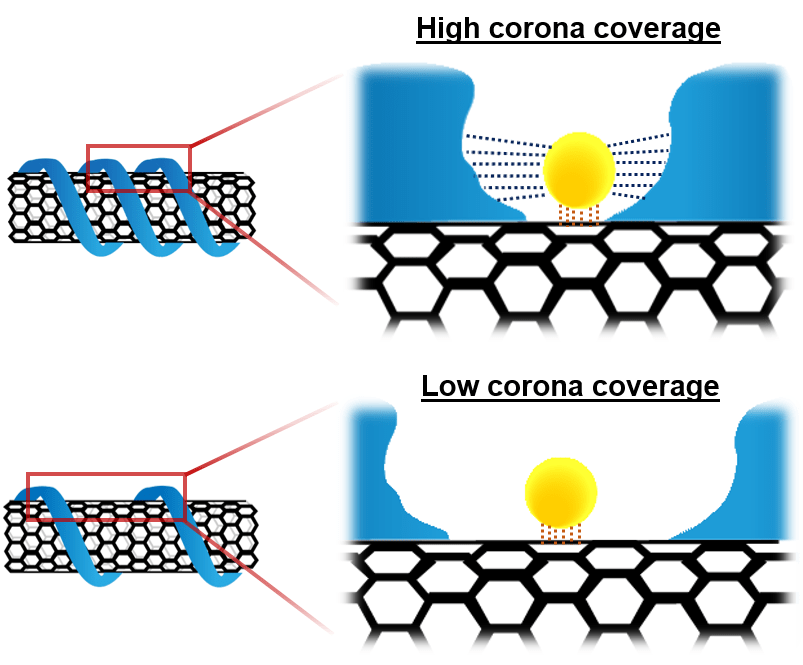Rabobank, a leading global bank in food and agriculture and sustainability, recently shortlisted eight agri-start-ups from India which would go to the Pitch day of SustainableAg Asia Challenge.
Rabobank, a leading global bank in food and agriculture and sustainability, recently shortlisted 15 agri-tech startups and innovators. Out of 15 start-ups, eight agri-start-ups from India would to go to the Pitch day of its SustainableAg Asia Challenge. The platform is aimed at creating a sustainable agri-food supply chain and promoting integrity and interconnectivity across the region’s vital agriculture and food supply chains.
With Asia’s population expected to increase from 4.6 billion to 5.3 billion in 2050 and with limited arable land and natural resources available for increased food production, Rabobank believes data and innovation are key to feeding this growing population sustainably.
Run in partnership with Padang & Co, the Challenge invited submissions from agri-tech companies with a market-ready solution that uses cutting-edge data-driven technology, analysis and interconnectivity to help meet Asia’s increasing demand for food. It aims to promote integrity and interconnectivity across the region’s vital agriculture and food supply chains.
Alaïs Faucon, Sustainable Solutions Development Manager at Rabobank said: “We have been delighted by the calibre of submissions to our Sustainable Ag Asia Challenge. The 15 shortlisted companies all represent diverse, exciting and emerging agri-tech solutions that can drive effective changes for more efficient agri-food supply chains to ensure a more sustainable food production practice. Together with our partners and these innovative companies, we can contribute to feeding the world more sustainably.”
The Rabobank Sustainable Ag Asia Challenge is supported by Rabo Foundation, and in partnership with ADB Ventures, Archer Daniels Midland Company, Bayer, Bits & Bites, COFCO International, DSM, Future Group, Temasek and Olam International who are acting as judges.
Evaluated based on factors such as technology innovation, market readiness, scalability and extent of addressing integrity in the agri-food value chain in Asia, the shortlist of 15 entries cover wide-ranging solutions, from helping smallholders with their crops to financing options, and the creation of technology platforms across the agricultural supply chain that will boost productivity, efficiency and income for the farmers.
The shortlisted agritech start-ups pitched to a panel comprising senior management of the Rabobank Foundation, as well as senior representatives of the competition’s partners, ADB ventures, Archer Daniels Midland, Bayer, Bits & Bites, COFCO International, DSM, Future Group, Olam International, and Temasek.
Indian Agri-startups shortlisted by Rabobank
AgNext (India)- Builds data-driven value chains with the latest technologies that can transform the way we grow, procure, trade, store and consume food, benefiting all stakeholders of the agribusiness industry – www.agnext.com
CropIn Technology Solutions (India) – Uses ground, weather and satellite data to help agribusinesses de-risk their supply chains through real-time monitoring and making data-driven decisions – www.cropin.com
DeHaat (India). With a technology-enabled platform currently providing complete end-to-end services to more than 170,000 Indian farmers from “Seed to Market” with an aim to expand to a million by 2022 – www.agrevolution.in
EM3 Agriservices (India) – Breaking the stereotypes for increasing agricultural productivity by bringing technology and mechanization for farming communities on a Pay-for-Use basis – www.em3agri.com
FarMart (India) – Helps smallholder farmers get access to low cost digital credit by linking credit to purchase of farm inputs at merchant points – www.farmart.co
FarmGuide (Lennon Agitech) (India) – Uses satellite imagery and mobile to digitize farms and farmers with agriculture insights and risk ratings on a single platform – Building an Agri data stack for the world – www.farmguide.in
Jai Kisan (India)- Facilitates capital to under-banked and under-served rural emerging markets ensuring a low cost of capital and record low turnaround time with minimal documentation for the borrower – www.jai-kisan.com/main
Stellapps Technologies (India)- A full-stack IoT company that drives digitization of the dairy sector to significantly enhance income, profitability and yield per cow of farmers in emerging economies – www.stellapps.com
The winners of Sustainable Ag Asia Challenge were announced recently. Stellapps Technologies, an Indian internet of thing (IoT) startup won first place which specialises in digitization of the dairy sector to increase the income of producers.
Rabobank announced five top submissions in total. Besides Stellapps, the other four top submissions are DeHaat (2nd prize) also from India, Longcom IoT (3rd prize) from China, AgNext (merit prize) from India, and PT Crowde Membangun Bangsa (merit prize) from Indonesia.
Rabobank, a leading global bank in food






